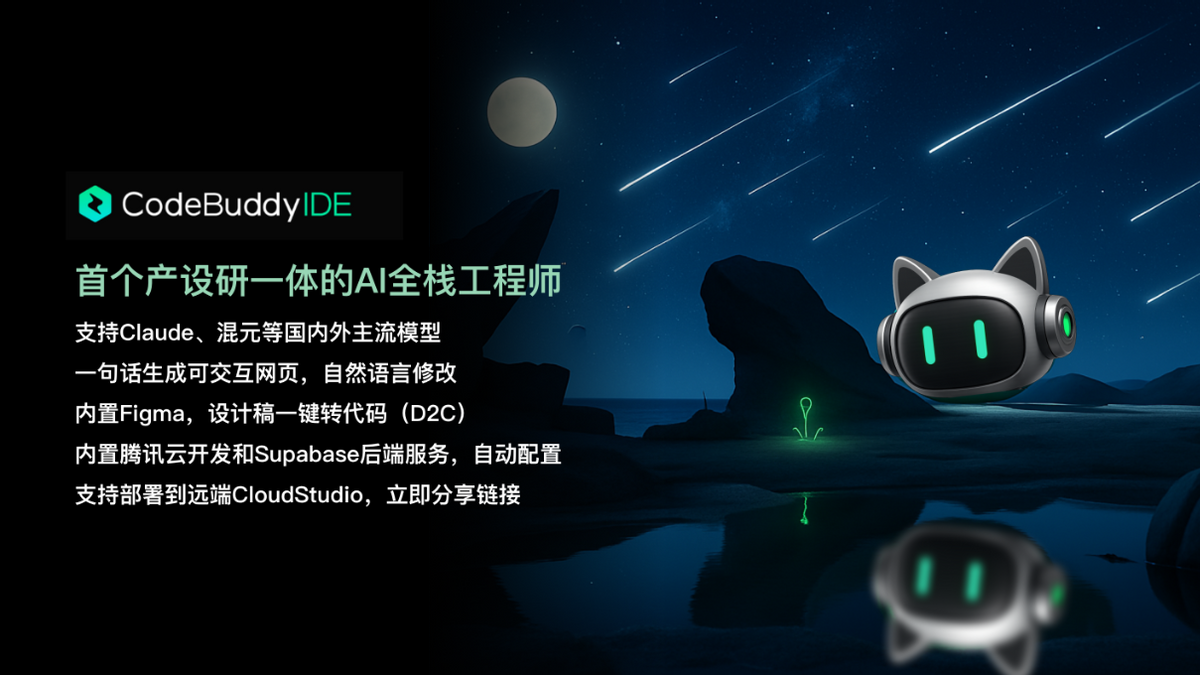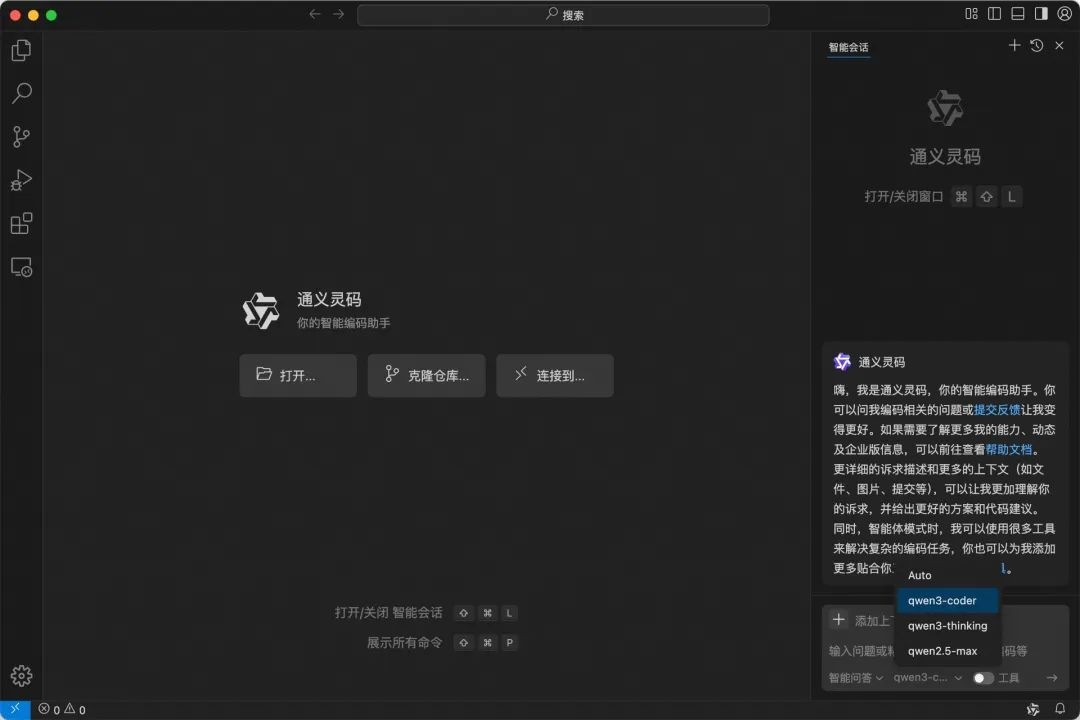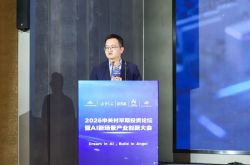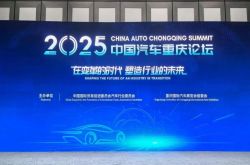Tencent and Alibaba Compete in AI Programming: Redefining the Internet's "Genes"
![]() 07/28 2025
07/28 2025
![]() 632
632
In the fourth week of July, the internet industry witnessed a quiet battle over no-code platforms.
From July 21st to 23rd, within 72 hours, ByteDance, Tencent, and Alibaba successively unveiled their latest AI programming products. ByteDance's AI programming assistant TRAE officially launched its 2.0 version, Tencent Cloud announced the internal beta of CodeBuddy IDE, and Alibaba Cloud released Tongyi Qianwen's AI programming large model Qwen3-Coder.
The capital market responded swiftly, with Tencent's share price hitting a four-year high, followed by Alibaba. Behind these share price changes lies a significant shift in the market's valuation logic for Tencent and Alibaba, moving from valuation repair to renewed growth.
This seemingly sudden surge in AI programming competition is a microcosm of tech giants restructuring the underlying productivity of the internet. Deeply versed in competitive advantages, these giants are shifting from internal traffic competition to technological breakthroughs, vying for the discourse power of new intelligent era infrastructure akin to "water and electricity."
Alibaba in fierce competition, and a low-key Tencent, converge on the same battlefield.
Entering 2025, China's internet industry is bustling, especially in the takeout sector with Meituan, JD.com, and Alibaba engaged in a fierce three-way battle.
Massive subsidy wars have emerged, entangling platforms and merchants alike, putting pressure on profitability. This battle for market share reveals the anxiety of some internet giants over slowing growth in their core businesses. When the differentiated advantages of e-commerce and instant retail are no longer apparent, price becomes the most direct weapon.
However, amidst this noisy price war, Tencent, the "double champion" of industry market value and profitability, appears unusually low-key.
This "quietness" is not inaction but a direct reflection of the deep moat of Tencent's core business.
Tencent's foundation lies in social and communication, with WeChat constructing an unshakable ecological barrier. Coupled with its leading positions in gaming, payment and finance, online video, music, literature, and office tools, it faces virtually no substantial challengers in its main battlefields.
Without opponents, there is naturally less noise from attacks and defenses. The question is, why has Tencent, which has been low-key amidst the market's focus on the instant retail battle, suddenly hit a four-year high in its share price?
Such historic surges often reflect a shift in the market's perception of the internet industry. A closer look at recent industry developments reveals that Tencent and Alibaba's successive investments in AI programming are undoubtedly the biggest news.
From the halted takeout wars to Tencent's low-key transformation, they jointly reveal an industry status quo: the growth engine of the internet is quietly shifting from the "red ocean" of user and traffic competition to the "blue ocean" of technology innovation-driven efficiency improvements and model innovations.
For Alibaba, JD.com, and Meituan, which are already highly competitive, AI has become a powerful tool against internal competition. Alibaba's ambition in AI is well-known, with its three-year, 380 billion yuan investment plan continuously advancing; Meituan also listed AI as one of its four "All in" strategies at the beginning of the year; JD.com, relying on its supply chain and industrial large model "Yanxi," aims to become the underlying support for retail AI.
Even Tencent, which seems "detached from the disputes in the internet world," is quietly increasing its involvement in the AI battleground. Massive capital expenditures are invested in the construction of intelligent computing centers to support large model training, while the "Qingyun Plan" targets large model talent reserves.
Clearly, whether to reinforce existing moats or carve out new ones, AI, especially as an infrastructure capability, has become the indisputable deciding factor in the next stage of competition among giants.
So, what role does AI programming, which has recently attracted market attention, play in this context?
The code ecosystem battlefield of tech giants.
The dense release of AI programming tools is not only a turning point for Tencent but also a signal that the entire internet industry is intensifying its pursuit of productivity transformation.
Within just 72 hours in late July, ByteDance upgraded TRAE 2.0, featuring "full-process automation," Tencent Cloud launched the beta version of CodeBuddy IDE, boasting "completing product development without writing a single line of code," and Alibaba Cloud rolled out Qwen3-Coder, with performance benchmarked against the world's top models.

Globally, this competition on "how to write code in the future" is equally fierce. In May, Microsoft open-sourced the core components of Copilot at the Build conference and released an AI agent capable of autonomously fixing bugs. In June, Google open-sourced Gemini CLI, allowing developers to command terminals using natural language, with a firm commitment to "being free for the vast majority of developers."
With giants collectively racing to enter the market, AI programming is evolving from "assisted programming" to "dominant programming" and even "understanding and executing human intent," lowering the barrier to entry unprecedentedly. The giants' willingness to invest heavily in this sector stems from multiple strategic considerations.
First, this is the most direct "efficiency revolution." Taking Tencent's internal situation as an example, CodeBuddy has covered 85% of developers, reducing coding time by more than 40% on average, with AI-generated code accounting for over 40%. This means frontline engineers can be liberated from repetitive tasks, focusing on more creative architecture and design, profoundly reshaping the enterprise's R&D cost structure.
Secondly, AI programming opens up new business growth spaces. Giants are "externalizing" the efficiency-enhancing capabilities of AI programming. Tencent Cloud and Alibaba Cloud are competing for the market of models-as-a-service, providing services such as code generation to enterprises, assisting them in digital transformation. AI programming capabilities are becoming a key bargaining chip for cloud service providers to attract enterprises to the cloud and expand high-value-added services.
More importantly, the promotion of AI programming tools also helps large factories hone their AI fundamentals in return. Having AI write code and understand complex requirements is inherently an extreme test of the model's core capabilities such as logical reasoning and long-context understanding. Feedback from real developers and the massive amounts of code data generated become invaluable fuel for feeding back into model iterations. While Tencent and Alibaba refine their programming tools, they also optimize the general capabilities of their large models.
Therefore, in this transition from internal application to external product release, the ultimate goal of tech giants is undoubtedly to build an unbreakable "developer ecosystem." Whoever attracts the most developers to use their tools and build applications on their platforms will hold the source of vitality for the future software ecosystem.
Looking further, as natural language enables programming, non-technical backgrounds can also quickly realize ideas, significantly reducing the technical barriers of the traditional internet industry.
This also means that the impact of AI programming will extend far beyond programmer communities, ushering in a new era where "super individuals" and small teams lead innovation, and the application ecosystem "flourishes."
Remaking the internet: The era of "super individuals" is here.
Over the past decade, a prevalent view has been that all industries deserve to be redone using the internet. Entering 2025, a more dramatic trend is unfolding: AI is redoing the traditional internet itself.
To understand this, one must first accept a somewhat counterintuitive view. With the end of the mobile internet dividend, the internet industry is gradually exhibiting distinct "labor-intensive" characteristics. The rows of office cubicles, the tens of thousands of engineers in large factories, and the ever-lengthening "996" work hours all indicate a decline in industry efficiency. When an industry that values efficiency also relies on crowd tactics, its boundaries with manufacturing have become blurred.
The emergence of AI programming is akin to a new round of the "Fordist revolution in the software industry" for internet enterprises seeking cost reduction and efficiency enhancement.
When ByteDance's TRAE can generate a web tool with zero code in 15 minutes and Tencent's CodeBuddy IDE reduces the development of e-commerce event pages from two days to two hours, the traditional development model, which relies heavily on manpower and is time-consuming, is being completely overturned.
This is not just a "gospel" for programmers but a restructuring of the entire internet production relationship. The new products of AI programming also include the rise of "super individuals."
The power and ease of use of AI programming tools are enabling small teams or even individual developers to possess the productivity that only large factories could previously afford. A recent representative case highlights this. AI startup Base44 surpassed 10,000 users within three weeks of launch, reaching 250,000 in six months. Less than half a year after its founding and without a single cent of funding, it was acquired by Wix, a US-listed company, for $80 million (approximately 570 million yuan). The company's product is an AI-based no-code application development platform. It is worth mentioning that this company, which almost set a new speed record for AI-driven wealth creation, also adheres to the new internet entrepreneurship rule of "never hiring when technology can solve the problem," with a team size of only 8 people.
This overseas story proves that the market demand for AI programming is enormous. With AI's support, the creativity of small teams or even individuals can be transformed into high-value products at unprecedented speeds and efficiencies.
The lowering of the threshold for creative transformation means a significant enrichment of innovation sources.
Wu Hequan, academician of the Chinese Academy of Engineering, clearly pointed out in his keynote report "Redefining the Internet with AI" at the beginning of the year that AI has become a key driver of innovation, and AI for the internet will be a significant opportunity for the development of the internet. The next decade will be an era where AI reshapes the internet.
2025 has become the first year of AI agent commercialization. This explosion of productivity driven by AI programming is comparable to the replacement of human labor by machines during the industrial revolution. With tech giants like Tencent and Alibaba investing heavily in AI coding capabilities, the explosion of agents is only a matter of time.
For ordinary people in this era, the value of creative abilities will be amplified unprecedentedly, becoming a key factor in standing out in the AI era. AI tools are no longer exclusive to a handful of programmers but rather "creativity accelerators" for all those who have ideas and can turn them into solutions.

For tech giants like Tencent and Alibaba, compared to personally going down to "pan for gold," shifting to the role of "water, electricity, and coal" suppliers in the intelligent era is undoubtedly a choice that leverages minimal effort to achieve maximum results.
From giants competing for existing stock to the flourishing led by "super individuals," this AI revolution about code will ultimately bring a new landscape and appearance to the entire internet.
Source: HKG Research Society






